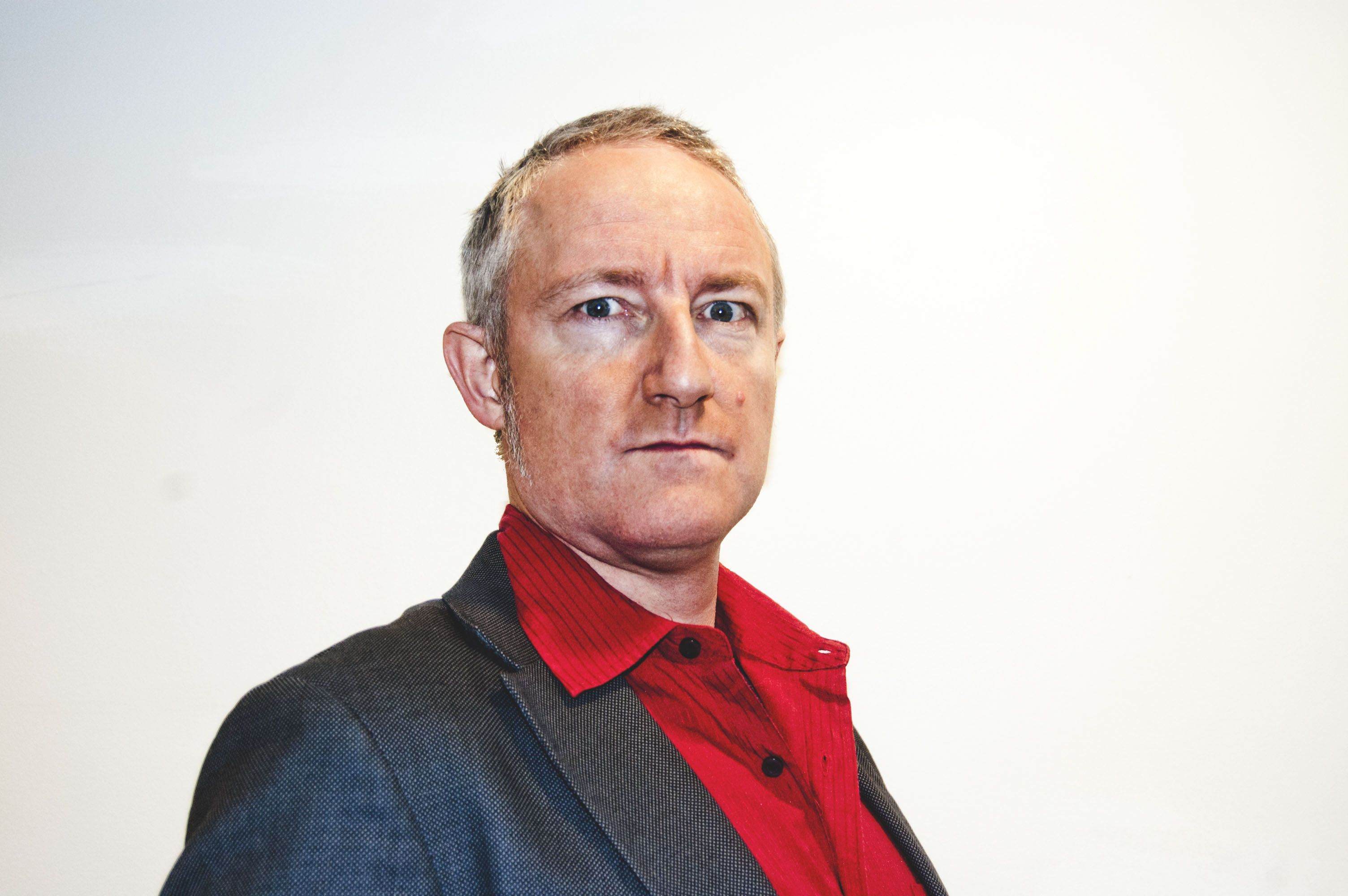There are three things that produce in me a strong sense of nostalgia: alcohol, getting into a fight and seeing a James Bond film. Last week, during a mates’ night out to watch the film ‘Skyfall’, I was allowed the indulgence in all three.
The purpose of my going to see ‘Skyfall’, apart from giving my body the chance to pause from the copious amounts of alcohol I had swilled, was to find out how Daniel Craig’s third outing as Bond would fare on the back of Sam Mendes. Would it be a triumphant call to arms for a first ever Oscar, or a simple 150 kroner reach-around* at a gay bar?
Waiting for the film to start, with the beer, wine and schnapps in my belly threatening to put in an impromptu appearance, I endured two things: the totally crap trailer to what looks like the totally crap ‘The Hobbit’, and a young Danish lad-about-town sitting behind us bleating repeatedly: “I’d rather see ‘The Hobbit’ than a piece of Bond shit.”
I turned and told him that if he felt that way, we’d all welcome that he left. He responded with a kick to the back of my chair. I was struck unexpectedly by strong waves and thoughts of nostalgia as the following words issued instinctively from my less-than-sterile mouth: “Why don’t you take your Hobbit and shove it up your arse?”
I sat and wondered if an expat’s experience of nostalgia is stronger than one who stayed in their home country. As nostalgia is often described as a feeling of homesickness this would make sense. I thought of the more eloquent Milan Kundera, who wrote that “The Greek word for ‘return’ is nostos. Algos means ‘suffering’. So nostalgia is the suffering caused by an unappeased yearning to return.”
As I was lost in that thought, my chair was kicked again.
My mind continued now on to the thought that homesickness is often different from the reality of the return. It is one thing to develop a nostalgia for home whilst boozing, baiting a fight and watching James Bond, but quite another to actually return to that place and realise with concrete force that time has passed.
It is gone, not because those who you left resent that you left – they do not – but rather that they and you have both moved on. Your best and oldest friend is no longer your best and oldest friend and your favourite grandparent, who loved and nurtured you, can now no longer remember your face. It is disturbing to realise that there are parts of your life that are completely and utterly dead. It is not that they died that troubles you, but that you didn’t even notice.
A third kick.
The expat’s experience of nostalgia is perhaps different from one who stayed close to their place of birth, but the roots of this both pleasant and unpleasant emotion are perhaps the same: a sense of loss.
“Who you calling an arsehole?” the seat-kicker bellowed.
My nostalgic train of thought now completely broken, I stood and turned. I ignored the fact I did not call him an arsehole, but merely suggested that was where he should place his misguided film opinion, and retorted: “You”.
Pissed, and as ready for a fight as a Dane can be, he stood up. I gave him the Lynchy Fighting Stare. His face drained of anger and he sat down with a quietly mumbled “whatever”. Satisfied with my powerful staring capacity, I returned to the screen.
And there I sat, sure that his sitting down had everything to do with my intimidating stare and nothing at all to do with the fact that my film-going companion, a two-metre tall Irish mixed martial artist, had also motioned for him to sit.
*You can also Google ‘reach-around’ and view the first ‘Full Metal Jacket’ YouTube video you find. You may want to ignore the others that come up.














